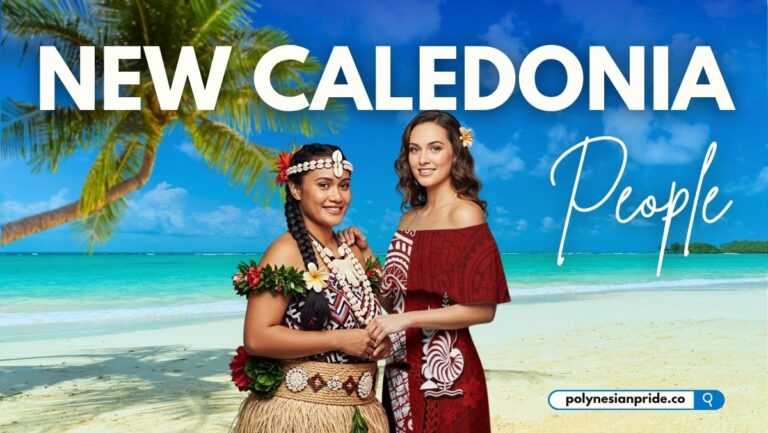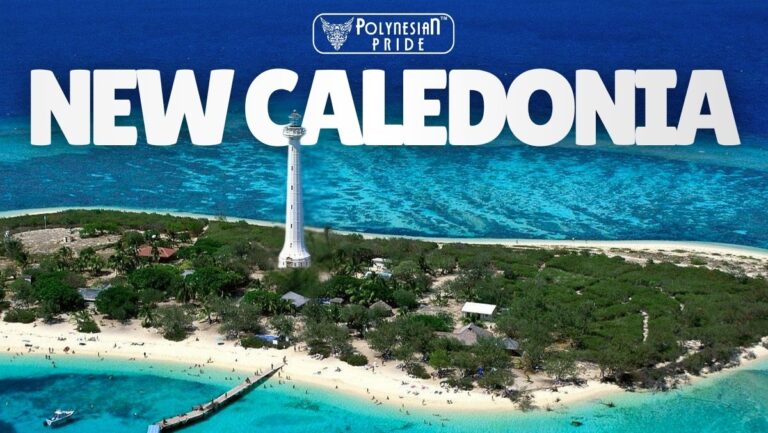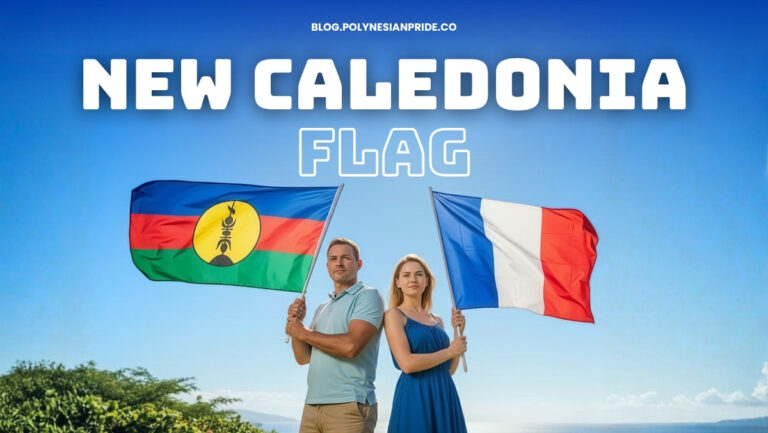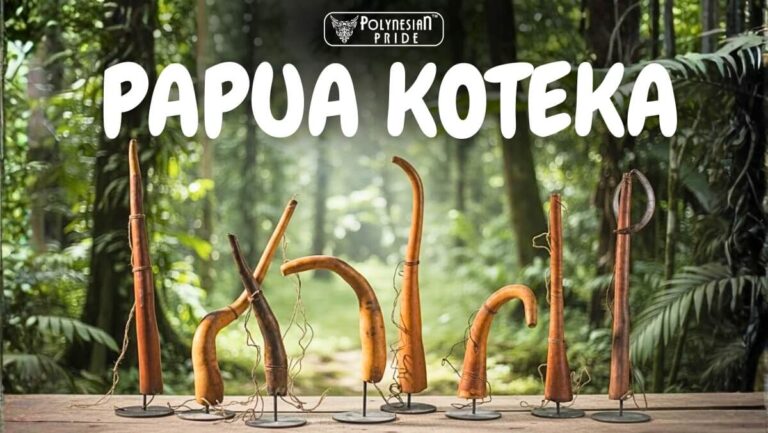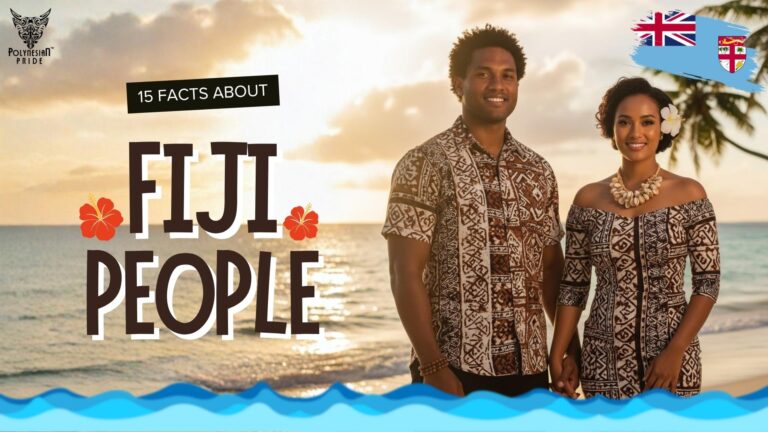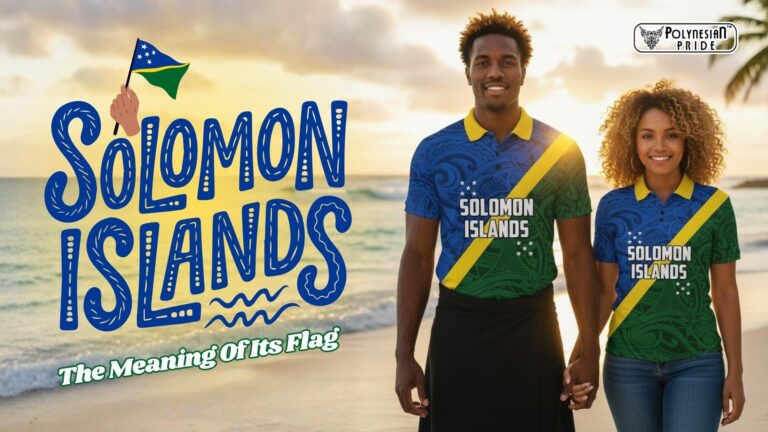What Are Hawaiians Called? Discover Hawaii’s True Identity

Hawaii isn’t just a paradise of stunning beaches and lush landscapes – it has a deep history and a strong cultural identity. Did you know that not everyone born in Hawaii is considered Hawaiian? “Hawaiian” carries deep historical and cultural meaning, often misunderstood by visitors and residents. So, what are Hawaiians called? The answer is more complex than you might think.
What Are Hawaiians Called?
“Hawaiians” refers to the Indigenous people of Hawaii, also known as Native Hawaiians. These individuals have a deep cultural heritage in the islands, with traditions, language, and practices passed down through generations.
Who Are Native Hawaiians?
- Descendants of Polynesian settlers who arrived in Hawaii at least 800 years ago.
- Historically connected to their ancestral lands and the ocean surrounding them.
- Have their own language, traditions, and cultural practices.
- Continue to play a significant role in Hawaiian society and culture today.
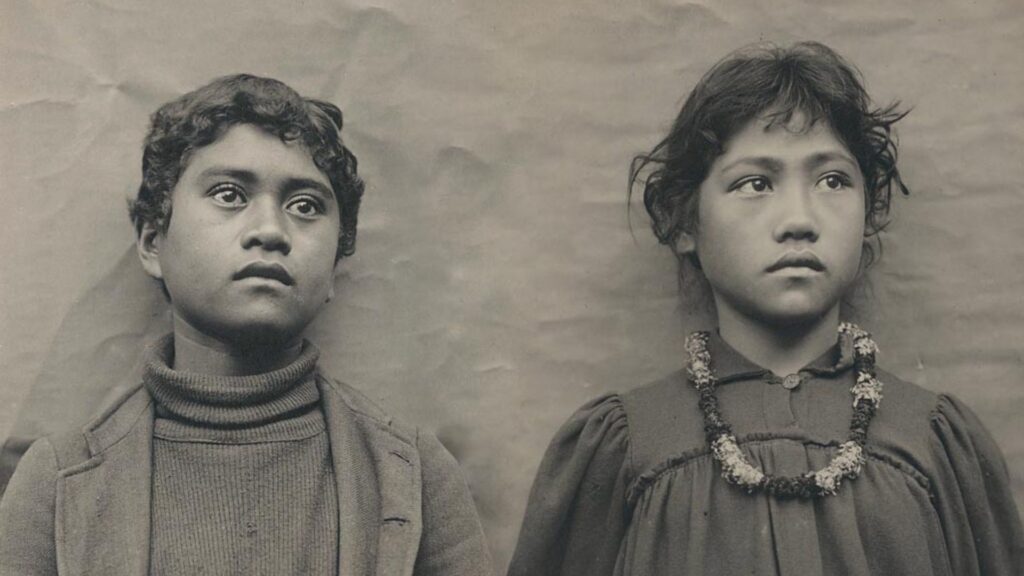
Common Misuse of the Term “Hawaiian”
Many people mistakenly apply the term “Hawaiian” to anyone living in Hawaii. However, the correct distinctions are:
- Hawaiian (Native Hawaiian): Someone with direct ancestral ties to Hawaii’s original Polynesian inhabitants.
- Locals: People who reside in Hawaii, regardless of their ethnic background.
- Kānaka Maoli: A traditional Hawaiian term meaning “true people”, often used by Native Hawaiians to describe themselves.

Read next: What Do Hawaiians Really Look Like? – A closer look at physical features, cultural pride, and identity.
Knowing “what are Hawaiians called” and using the correct terms is essential in respecting Hawaiian identity and cultural heritage and acknowledging the ongoing struggles for sovereignty and recognition.
What Are the Key Differences in Hawaiian Identity?
Hawaii’s diverse population includes distinct identities that reflect varying levels of ancestral, cultural, and historical ties to the islands. Understanding these differences helps honor Hawaii’s heritage and fosters respectful interactions within the community.
Native Hawaiians (Kānaka Maoli)
Native Hawaiians have a deep ancestral bond with the land (‘āina) and maintain traditions and language. Their religion encompasses the indigenous spiritual beliefs and practices, traditionally governed by the kapu system – a sacred code of conduct that shaped daily life and rituals.

Locals – Hawaii’s Diverse Community
Locals are individuals born and raised in Hawaii, regardless of ethnicity. While they may strongly identify with Hawaiian customs and values, they do not necessarily have Native Hawaiian ancestry. Hawaii’s local culture is a fusion of Native Hawaiian traditions and influences from Japanese, Filipino, Chinese, Portuguese, and other immigrant communities.
Being a local often means embracing the Aloha Spirit, speaking Hawaiian Pidgin English, and participating in cultural traditions that shape daily life. However, being local does not equate to being Native Hawaiian.

Kamaʻāina – Long-Term Residents of Hawaii
The Hawaiian term Kamaʻāina, meaning “child of the land”, refers to long-term residents of Hawaii, whether or not they have Native Hawaiian ancestry. This term is often used for those who have spent significant time in the islands, developed a deep connection to the land, and embraced local customs.
Unlike Native Hawaiians, Kamaʻāina have no Indigenous lineage but are recognized for their commitment to the community. The term is commonly seen in business, such as “Kamaʻāina discounts” offered to residents to support the local economy.
Malihini – Newcomers to Hawaii
In contrast to Kamaʻāina, the term Malihini refers to newcomers or visitors unfamiliar with Hawaii’s customs and way of life. It can apply to short-term tourists or new residents who have yet to integrate fully into the local culture.
Over time, a Malihini can become a Kamaʻāina by embracing Hawaiian traditions, respecting the land, and building relationships within the community. The distinction between the two reflects the importance of time, experience, and connection to Hawaii.
The Impact of Colonization on Hawaiian Identity
Colonization reshaped the Hawaiian identity, disrupting traditional ways of life. After the 1893 overthrow of the Hawaiian Kingdom, Native Hawaiians lost sovereignty, land, and political power.
How Colonization Changed Hawaiian Identity:
- Loss of Sovereignty: The Hawaiian Kingdom was overthrown in 1893, and the U.S. annexed Hawaii in 1898.
- Cultural Suppression: Hawaiian language was banned in schools, and Western influences replaced traditional governance.
- Modern-Day Resilience: Despite challenges, Native Hawaiians continue to fight for land rights, cultural preservation, and political recognition.

Today, while aspects of Hawaiian culture are marketed for tourism, Native Hawaiians work to preserve their heritage authentically, ensuring their identity remains a living culture, not just a spectacle.
What Is the native Hawaiian Language?
The Hawaiian language, or ‘Ōlelo Hawai’i, is the native tongue of the Hawaiian people and one of Hawaii’s official languages. Ōlelo Hawai’i is A Polynesian language that closely relates to Tahitian and Māori. Once widely spoken, it nearly vanished after being banned in schools following the overthrow of the Hawaiian Kingdom in 1893.
How Do Native Hawaiians Speak?
Traditionally, Native Hawaiians spoke only Ōlelo Hawai’i, passing down history through storytelling, chants (mele), and proverbs (‘ōlelo no’eau). Today, most speak English and Hawaiian Pidgin (Hawai’i Creole English). This local dialect blends Hawaiian and English and is influenced by immigrant languages.
How Many Languages Do Native Hawaiians Speak?
Most are bilingual or multilingual, commonly using:
- English: The dominant language.
- Hawaiian Pidgin: A local dialect shaped by Hawaii’s multicultural past.
- ‘Ōlelo Hawai’i: Spoken fluently by those who have learned it through family or education.
Thanks to Hawaiian language immersion schools and cultural revival efforts, ‘Ōlelo Hawai’i is making a comeback, preserving the identity and spirit of the islands.
Read more: 13+ Phrases in Hawaiian Greetings You Must Know Before Visiting Hawaii

Native Hawaiian Culture and Traditions
Native Hawaiian culture is deeply connected to nature, ancestry, and spirituality, with traditions passed down for generations. Through hula, storytelling, food, and sacred practices, Native Hawaiians preserve their heritage and way of life.
Hula, Music, and Chants (Mele)
More than just entertainment, hula is a sacred form of storytelling, expressing history, mythology, and emotions through movement and chant. Accompanied by mele (songs) and instruments like the pahu (drum) and ipu (gourd percussion), hula remains central to Hawaiian identity. Traditional chants, once used to record genealogy and historical events, are still performed in ceremonies today.
Traditional Hawaiian Practices
Native Hawaiians have long practiced sustainable living, from lo’i kalo (taro farming) to fishpond aquaculture (loko i’a) – methods that provide food while maintaining ecological balance. Voyaging and navigation were also essential, with early Hawaiians using the stars, ocean currents, and wind patterns to explore vast Pacific regions in wa’a (canoes).

Hawaiian Cuisine and Gatherings
Food is sacred in Hawaiian culture and is often shared during gatherings and ceremonies. Staples include poi (pounded taro), imu-roasted pig, fresh fish (like ‘ahi and aku), limu (seaweed), and ‘uala (sweet potato). The traditional ‘aha’aina (feast), known today as a luau, celebrates family, community, and gratitude.
✨ Get Luau-Ready in Style ✨
Planning to attend a luau? Dress the part with authentic Hawaiian apparel and accessories from the Polynesian Pride Shop!
Hawaiian Identity in Modern Times
Hawaiian identity today blends ancestral traditions with modern life. Many Native Hawaiians work to revitalize their language, cultural practices, and land rights while navigating globalization’s impact.
Though the U.S. recognizes Native Hawaiians as Indigenous people, they lack federal tribal status, leading to ongoing advocacy for self-determination and cultural sovereignty.
Efforts to Preserve Hawaiian Identity:
- Reviving ‘Ōlelo Hawai’i through education.
- Protecting traditions like hula and Hawaiian music.
- Fighting for Native Hawaiian rights in politics and land preservation.

Despite modern challenges, Hawaiian identity remains strong, evolving, and deeply rooted in heritage.
CONCLUSION
Knowing what Hawaiians are called the next time you visit Hawaii will help you experience the islands more authentically. Understanding that “Hawaiian” refers specifically to Native Hawaiians allows you to appreciate their deep cultural roots and traditions.
By respecting these distinctions, you can connect more meaningfully with Hawaii’s people, history, and true spirit – making your visit more enriching and unforgettable.
So, as you explore the islands, take the time to visit cultural sites, support Native Hawaiian businesses, and respectfully engage with Hawaiian traditions. The more you understand, the deeper your connection to Hawaii will be.
Frequently Asked Questions (FAQs)
What are people from Hawaii called?
Only individuals with Native Hawaiian ancestry are considered Hawaiian. Others born in Hawaii are referred to as locals or Kamaʻāina.
What does Kānaka Maoli mean?
Kānaka Maoli translates to “true people” and refers specifically to Native Hawaiians, distinguishing them from other Hawaii residents.
Are Hawaiians Called Samoan?
No, Hawaiians and Samoans are different Polynesian peoples with distinct cultures, languages, and histories. While both share Polynesian roots, Native Hawaiians (Kānaka Maoli) are Indigenous to Hawaii. At the same time, Samoans originate from Samoa in the South Pacific.
What Do Hawaiians Call Their Language?
Hawaiians call their language ‘Ōlelo Hawai’i, ‘ meaning “Hawaiian language.” It is the indigenous language of Hawaii and, alongside English, an official state language. For centuries, it has been spoken by Kānaka Maoli (Native Hawaiians) as a vital part of their culture and identity.
What Are Non-Hawaiians Called?
Non-Native Hawaiians are often called locals if they were born and raised in Hawaii or Kamaʻāina if they are long-term residents. Haole traditionally means “foreigner,” often referring to Caucasians.

As an arts and traditional crafts specialist rooted in pe‘a (Samoan tatau), kapa making, and ceremonial carving, I’ve nearly 10 years of experience in fine art and its cultural significance. Experience the beauty of the traditional art of tattooing through my latest publication.
Inspire Your Style
Contact me:
Email: [email protected]
Tel: +685 77 23699



